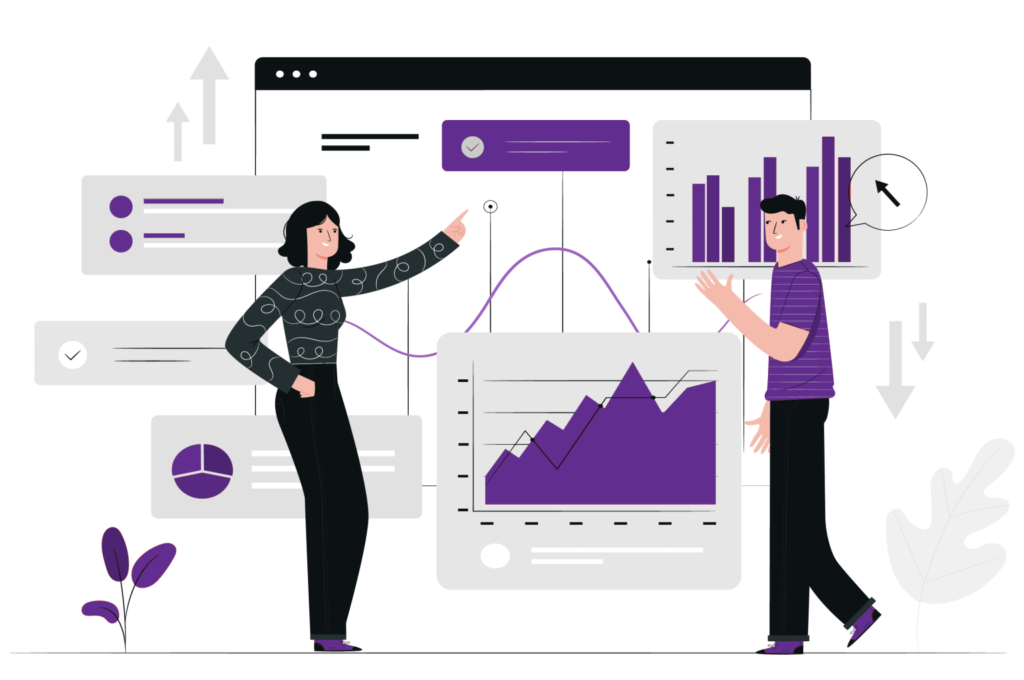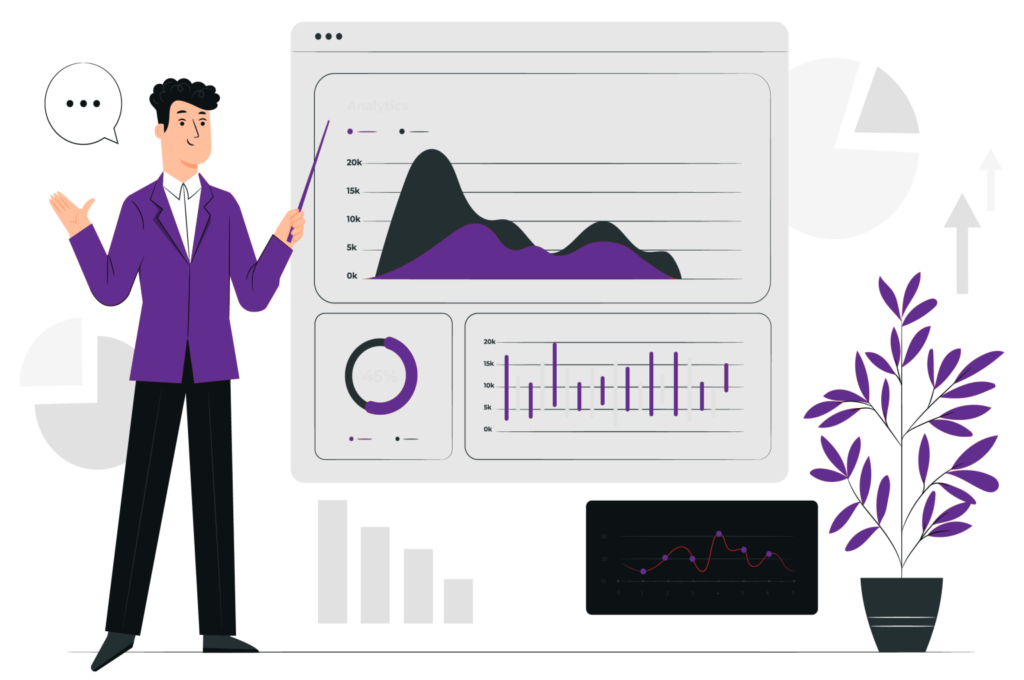Advanced SEO Techniques: Strategies for Higher Rankings
Strategically approach to improve your website’s visibility and ranking in search engine results. Our dedicated team employs proven techniques to enhance your online presence and drive organic traffic to your site. Our goal is to deliver measurable results that contribute to your overall digital marketing success.

Why is SEO Essential for Your Business Visibility? Understand SEO with Us
Search engine optimization is a process of working with formulas and making business exposure extra approachable for clients. Technical arrangement, content importance, and link popularity all fall under SEO methods.
DHL has an encouraging past in using companies advanced search engine optimization solutions. If your prospective consumers can not see you, they can not reach you. The obstacle of encountering bounce-back rates and search engine always altering their algorithms can be demanding.
No web traffic means no sales, and organization development is embeded one area. We function relentlessly to elevate your success chart by enhancing our search advertising methods and approaches. Our objective of optimizing the effectiveness of search campaigns is inevitably regarding increasing web traffic, sales, and organization growth, all while sticking to the most effective practices advised by Google and other major online search engine.
If you need a high-grade quantity of leads, you require reliable SEO. DHL can change a website from a simple screen to online informative sales with the capability to turn on the sales channel.
No web traffic means no sales, and organization development is embeded one area. We function relentlessly to elevate your success chart by enhancing our search advertising methods and approaches. Our objective of optimizing the effectiveness of search campaigns is inevitably regarding increasing web traffic, sales, and organization growth, all while sticking to the most effective practices advised by Google and other major online search engine.
If you need a high-grade quantity of leads, you require reliable SEO. DHL can change a website from a simple screen to online informative sales with the capability to turn on the sales channel.
What SEO Services in USA Should Do for Your Business?
All of us have a brand story we are dying to tell, however to make it beneficial is only a masterpiece. SEO firm requires to guarantee you are present where your consumers search.
A tactical search engine optimization needs to consist of:
- Action-oriented strategy to increase brand visibility and market trust by increasing organic keyword rankings in search results.
- Technical SEO to help you improve the user experience.
- Workflows to increase website traffic with relevant quality material to attract new potential buyers to your website.


Agile SEO Methodology – How does it Help?
Any type of brand name’s electronic success depends on the method they intend their methods. With the search landscape constantly evolving, you can not count on SEO methods anymore or on Custom Web Design.
To assist business reach its complete possibility.
- Break down large, spreading initiatives into tiny, frequent modifications.
- Allow for continuous progress through facts and insights.
- You are able to continue once you have the data. The KPI impact will gain you buy-in for the resources you require.
Role of Marketing Analytics and Generative AI in SEO
The objective of generative AI for search engine optimization is to “streamline and enhance” the data analyst’s existing procedures, a necessary concept that we will certainly see a growing number of of. Generative AI strategies will certainly execute more of the hefty lifting when it concerns search engine optimization. At DHL, we utilize the most recent technology, like generative AI, for marketer analysis, and it assists in:
- Automated asset generation
- Real-time bid optimization
- Ad creative testing
- Predictive performance analysis
- Ad personalization and optimization


Need the Best Search Engine Optimization Services?
Search engine optimization drives traffic to your website, and we can help respond to “HOW.” By enhancing the site, the conversion price and brand value can be enhanced. We deal with a large range of services to help them rank at the top of online search engine results pages.